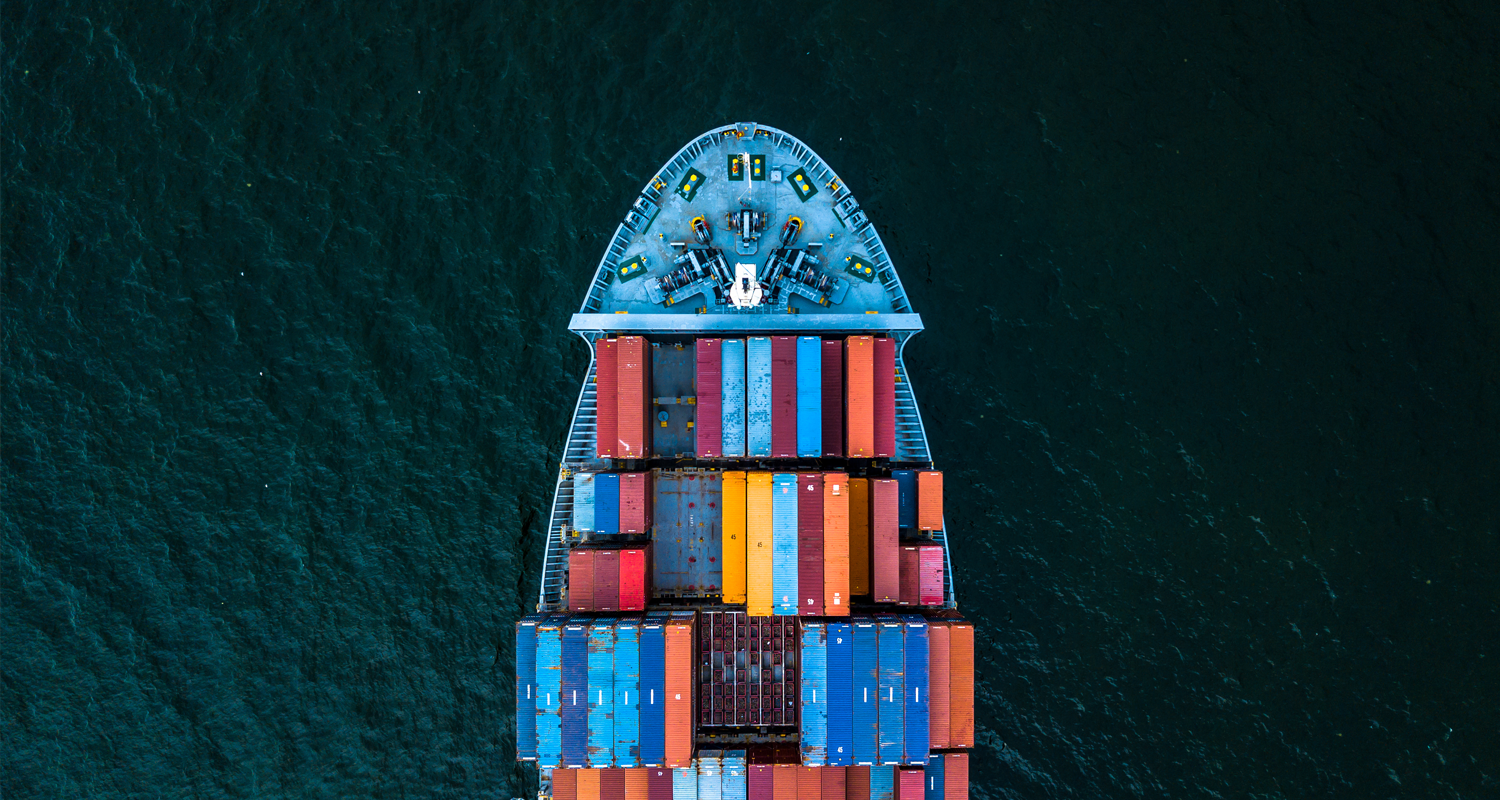For exporters across the globe, the last few decades have seen a tremendous push for businesses to consider their carbon footprint, and how their services could be changed to ensure they are operating in the most environmentally friendly way. To put in perspective its impact on the environment, the freight industry accounts for an astonishing 10% of all emissions according to research.
Of course, the freight industry as a whole is, more often than not, operating in environmentally hostile situations, making carbon footprint considerations a challenge. So how is the freight forwarding industry overcoming this challenge?
Sea freight
Research has estimated that just one container ship could produce pollution equal to 50 million cars. As demand increases many organisations and businesses are looking for ways to significantly reduce emissions, and are doing so in a number of ways, including:
> Research into alternative fuels
> Travelling at a slower speed
> Using alternative, lighter containers that reduce fuel consumption
> Sharing data amongst companies to encourage efficiencies
Road freight
For the UK, road freight is a significant economic contributor, with 2017’s Freight Carbon Review revealing that it injects over £11.9 billion to the economy each year. However, road freight also significantly impacts upon air quality, and therefore the government has committed to reducing UK emissions by 80% from 1990 levels by 2050. There are a number of proposals set out as to how this will be achieved, these include:
> Eco-driving – driving techniques, maintenance procedures and vehicle checks to ensure greater fuel efficiency
> Research into alternative fuels
> HGV electrification and focusing on zero emission technology
Air freight
Whilst air freight accounts for a significant carbon footprint, companies are actively tackling their emissions. A deal agreed in 2016 within the aviation industry outlined plans to offset emissions with environmentally friendly activities, such as planting trees that will soak up CO2, from 2020.
For the team at Grace Overseas, our carbon footprint is a consideration at the forefront of all we do, so that we keep the impact of our services on the environment to a minimum, as well as keeping up to date with the latest innovations in emission-reducing technologies. Keep up to date with our freight forwarding services by following us on Twitter.







